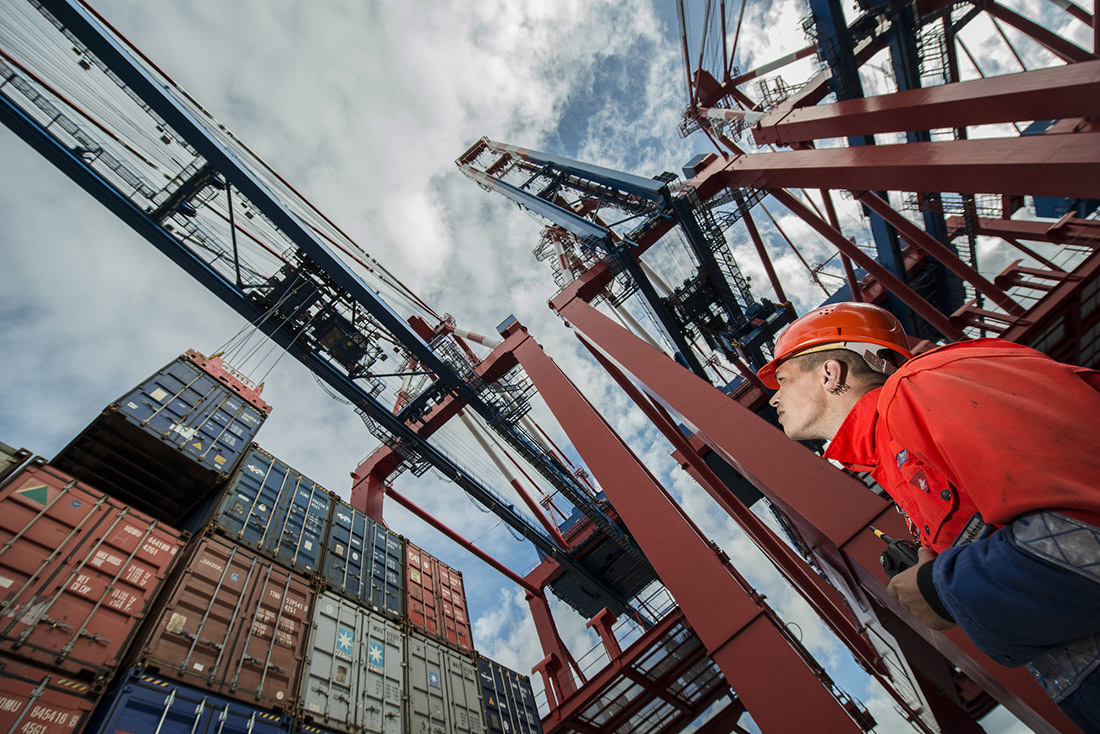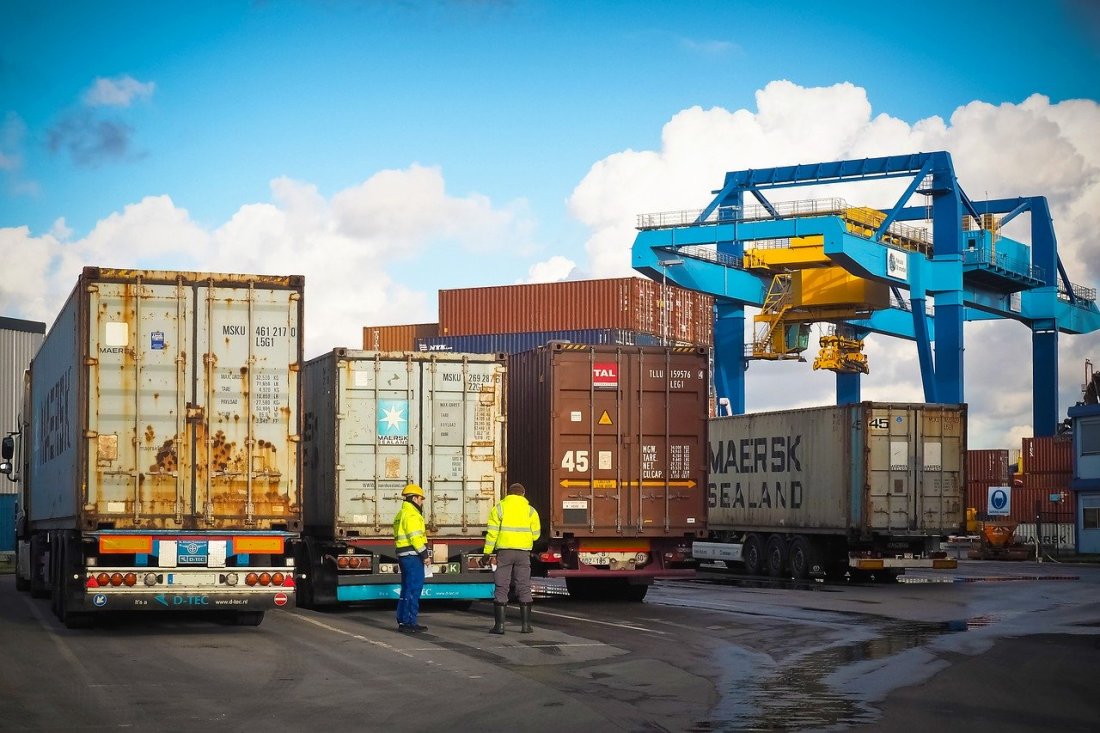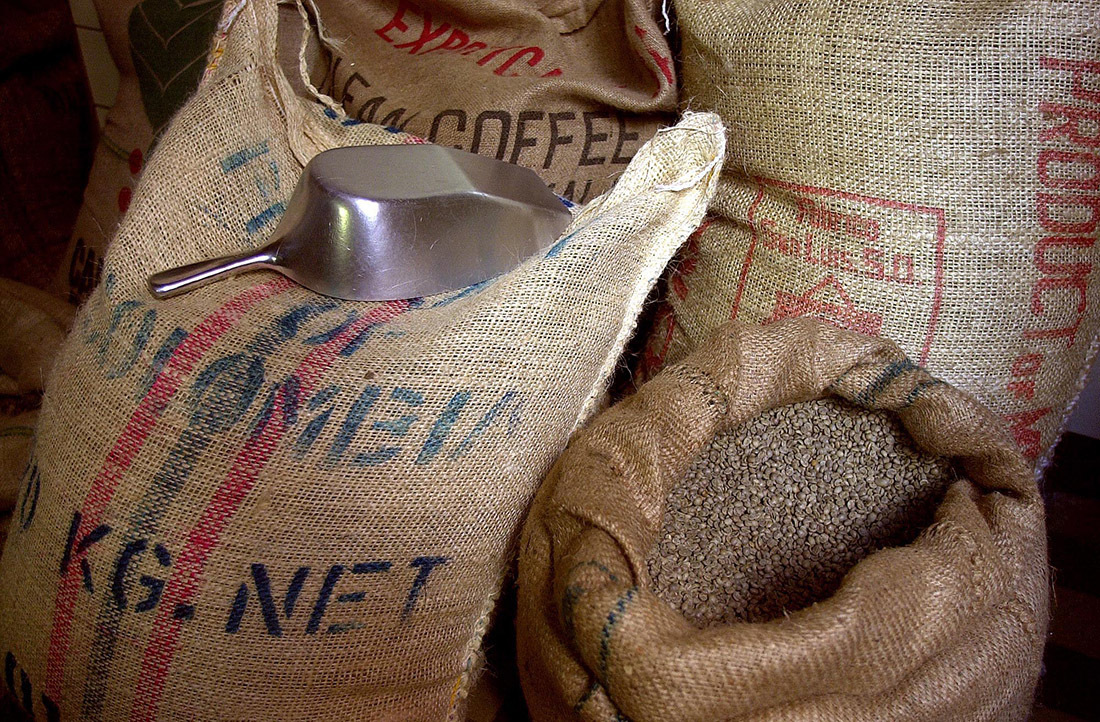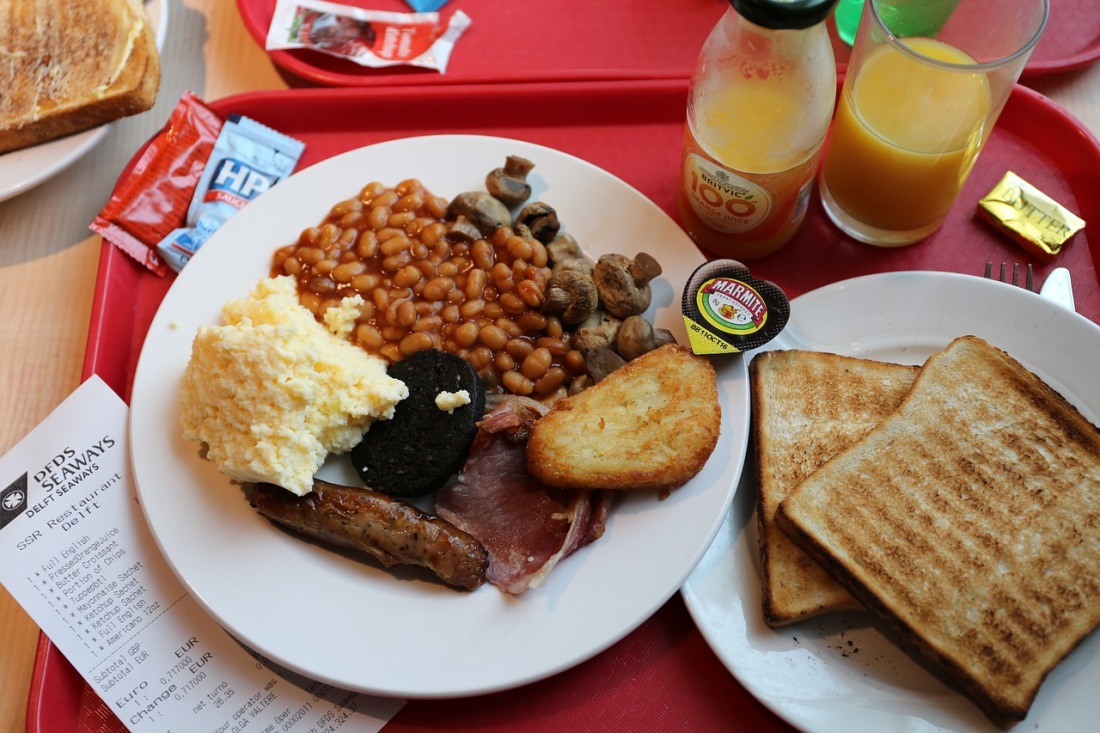The United Kingdom's Exit from the EU and The Effect on Customs
BrexitThe consequences of Brexit for companies involved in import and export: customs duties, taxes, costs

Since January 1st 2021, new regulations and procedures apply for the customs duties and taxes involved in importing and exporting goods to and from the United Kingdom. What customs duties will now be applied to trade between Germany and the United Kingdom? How much tax will be charged? What customs procedures are now involved? Here is an overview of the regulation and procedures that currently apply to companies that trade with the United Kingdom.
The Brexit transition period came to an end on December 31st 2020. Brexit itself had already been "done" on January 31st 2020. The United Kingdom left the European Union.
Consequently, the United Kingdom has been a third country since January 2021. However, the EU and the UK have signed a free trade agreement, intended to regulate the future trade in goods.
Although this agreement has been ratified by the UK government, it is still to be ratified by the European Union (as of January 4th 2021) and is therefore not yet officially in force. However, all the regulations in this agreement are provisionally applicable. For companies, this means that they already needed to put customs and import formalities in place as if the agreement were already in force.
The most important customs and import tax regulations affecting companies are listed below. They apply exclusively to the sale of goods, not services.
Note:
Throughout this document, the term "United Kingdom" (UK) refers to the territory of the United Kingdom including Northern Ireland. The term "Great Britain" (GB) refers to the territory of the United Kingdom excluding Northern Ireland."
Exports to the United Kingdom after January 1st 2021

Customs formalities
- Customs formalities between the EU and the UK now follow the same standards as between the EU and other third countries.
- Companies now require an EORI number so that they can process customs formalities digitally and automatically. EORI numbers are issued by the customs authorities in each country. When exporting to the UK, companies can then use this number to log on to the customs authorities website electronically, via the Internet. They are then given approval for the export electronically, by the customs authorities.
- Goods being imported into the United Kingdom require a GB EORI number and must also be registered on the REX system so they can benefit from the preferential trade agreement (reduced customs duties for deliveries of goods valued at more than 6000 Euros).
- Every export transaction to the UK requires a customs declaration. The company must create a commercial invoice, excluding value-added tax (VAT), stating that the goods are to be sent abroad (outside of the EU). The commercial invoice must include this information: brand, numbers, number and type of packages, an exact description of the goods, weight and content of each individual package, and the country of origin. The FOB costs (to the port of shipment) and, if applicable, the CIF costs (for loading, insurance and delivery to the port of destination) must also be detailed.
- In some circumstances, an export certificate (German) is also required.
- Goods identifications will be checked at the border in accordance with local law (for example, English law in the case of a goods movement from Calais to Dover). This can result in significant delays.
Customs duties
- The trade agreement between the EU and the UK does not include customs tariffs or quotas. This trade agreement applies for all goods that comply with the EU's rules of origin, except for trade with Northern Ireland (see below).
- Preferential treatment at customs: to benefit from zero tariffs, exporters will require a proof of preferential status/certificate of origin which they must specify in a "declaration of origin". This will prove that the goods have been manufactured in that country (i.e. the UK or the EU). The rules and formalities for the certificate of origin are defined in the trade agreement. Without a proof of preferential status, the goods may be subject to the customs duties specified in the WTO standards.
- EU companies have the option of issuing certificates for themselves. More detailed information about this is available from each of the EU customs authorities.
- The status of Authorized Economic Operator (AEO) will continue to be recognised by both the EU and the UK. No further action is required here.
Value-added taxes
- Goods exported to the United Kingdom are exempt from EU value-added taxes if it can be proven that they have actually left the EU (export certificate).
- UK value-added taxes will be applied both to goods and services when they are imported into the UK.
Excise duties
- The export of goods to which excise duties apply (such as tobacco, alcohol, fuel) is subject to the regulations of the United Kingdom. You will find more information about this here: https://www.gov.uk/transition.
- The EMCS Excise Movement and Control System must be used to prevent excise duties being applied when the goods leave the EU
Trade restrictions
- The trade and transportation of particular goods such as drug precursors or firearms is regulated or prohibited in accordance with the EU's P&R list.
- Agricultural products require import certificates. You will find more information about this here.
Imports from the United Kingdom after January 1st 2021

Customs formalities
- Companies require a valid EORI number. Numbers issued by the UK Government prior to 2021 (starting with GB …) are no longer valid. Companies that are not located in the EU also required an EORI number. This is usually the number of the EU Member State in which the first customs formalities are applied. The number can be obtained from the customs authorities in the relevant EU Member State.
- An electronic customs declaration for goods must be sent to the customs authorities in the country to which the goods are being imported.
- An import declaration might also be required, in addition to an export declaration in the UK.
- Goods that are being imported must have a complete set of accompanying documents and, if relevant, also the required import licenses or goods certificates. These include the commercial invoice or proforma invoice, with details about the brand, numbers, number and type of packages; an exact description of the goods, the quantity of goods, the shipping and payment terms, the price of the goods (including information about the FOB and CIF costs), the purchaser and seller details, plus the certificates of origin for the goods (see "Customs duties").
Customs duties
- The trade agreement between the EU and the UK does not include customs tariffs or quotas. This trade agreement applies for all goods that comply with the rules of origin, except for trade with Northern Ireland (see below).
- Preferential treatment at customs: to benefit from zero tariffs, importers will require a proof of preferential status/certificate of origin which they must specify in a "declaration of origin". This will prove that the goods have been produced in a particular area (i.e. UK or EU). The rules and formalities for the certificate of origin are defined in the trade agreement. Additional information about preferential treatment at customs (UK) or the corresponding EU document. The declaration can also be made retrospectively (up to three years later). There are also a number of additional transitional regulations which apply until the end of 2021.
- Preferential treatment only applies for goods that will not undergo further processing in a third country, in other words: goods imported duty-free must have been manufactured in the United Kingdom and be sold in the EU.
- The status of Authorized Economic Operator (AEO) will continue to be recognised by both the EU and the UK. No further action is required here.
Value-added taxes on imports
- All imported goods will be subject to the value-added taxes applicable in the country into which they are imported (in Germany, for example, at a rate of 19 percent).
- Additional costs and taxes may also be charged, depending on the goods. You can get more information about this from the customs authorities.
Excise duties
- All goods imported from the UK will be subject to the excise duties of the country to which they are being imported. There are a number of exceptions and special cases. Contact the customs authorities for more information about this.

Importing from and exporting to Northern Ireland
The situation in Northern Ireland differs from Great Britain (mainland UK), means that different regulations apply to goods shipped to or from there.
Export and import regulations in Northern Ireland are still subject to EU law. In other words, the procedures are the same as if Northern Ireland were still a member of the EU. There are no customs formalities and the VAT regulations are the same as the EU regulations, as long as the goods remain in Northern Ireland.
Goods that enter Northern Ireland from non-EU member states (including Great Britain (mainland UK)) are subject to the rules set out in the relevant EU trade agreements and the EU's customs regulations. In this case, goods may be subject to additional checks (for example, if animals are being transported).
Additional information about customs formalities and taxes: The EU has drawn up a list of FAQs with the 59 most important questions and answers about taxes and customs duties. This list goes into greater detail about the issues described above.
Checklist: You can also use this checklist provided by the EU
Success Stories
Bremen’s Economy in Figures: Statistics 2025
The State of Bremen is a strong economic hub. A look at the latest statistics highlights its economic strength — summarising key data such as cargo volumes, export performance, industry turnover, and more.
Learn moreMedium-Sized Companies in Bremen Showcasing the Full Range of the Local Economy
Medium-sized companies form the backbone of Bremen’s economy. They create jobs and produce goods that are in demand worldwide. Here is a selection of ten businesses that illustrate the diversity of Bremen’s economic landscape.
Learn moreTwelve international food and beverage companies in Bremen
Becks and Melitta may be high-profile brands, but international food and beverage companies also manufacture lots of other products in Bremen and Bremerhaven. Here are twelve examples.
Learn more